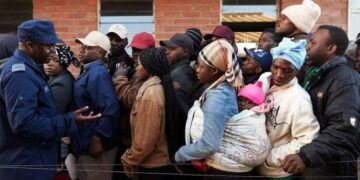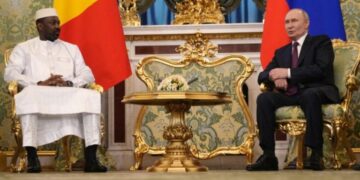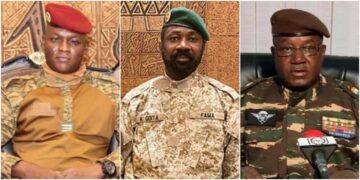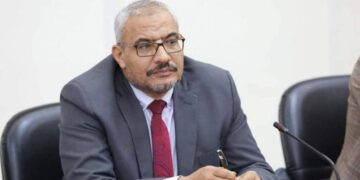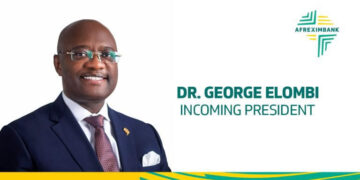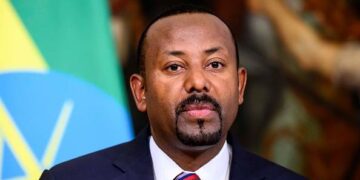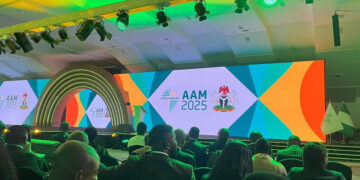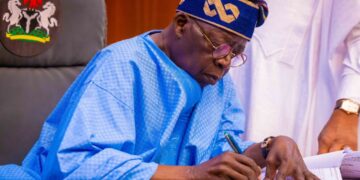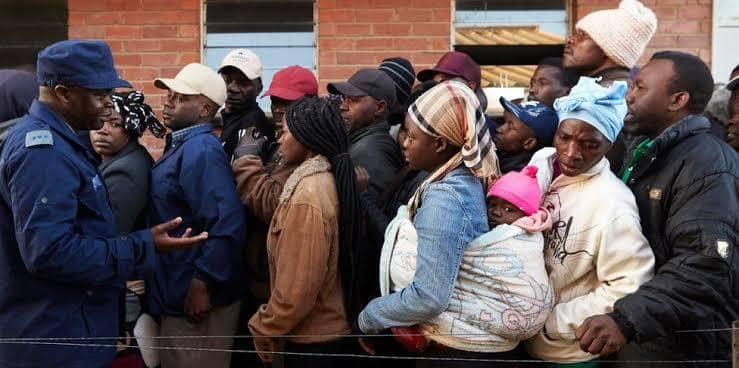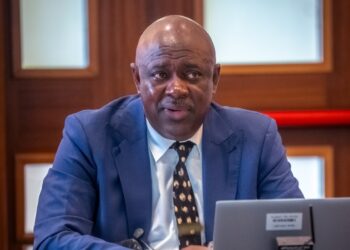By Enyichukwu Enemanna
Voting continued in Zimbabwe on Thursday arising from the delay in distribution of ballot papers in some polling units in the election which started on Wednesday, forcing President Emerson Mnangagwa who is seeking a fresh term in office to extend the general election by a day.
Some frustrated voters slept at polling stations in the capital, Harare on Wednesday night, under blankets or lighting fires to keep warm amidst the cold weather.
Ballot papers were still being printed late Wednesday, hours after voting should have closed. At other polling stations, counting of ballots began.
Zimbabwe has a history of violent and disputed elections.
The 80-year-old Mnangagwa had claimed Zimbabwe to be a “master” of democracy while criticizing Western countries that expressed concern about the credibility of the polls weeks ago.
His main challenger, Nelson Chamisa, a 45-year-old lawyer who narrowly lost a disputed election in 2018, has described this election as a sham, claiming that the voting delays were aimed at disenfranchising voters in his urban strongholds.
At many polling stations in Harare and other urban areas, people shoved and shouted at election officials and police officers after being told ballot papers had run out.
The state-run Herald newspaper quoted Justice Minister Ziyambi Ziyambi as saying the printing of ballot papers would only be complete late Wednesday night.
Some polling stations opened two hours after the official closing time, while others suspended voting and officials asked people to return in the morning.
“We spent the while night here. We are concerned. This is the first time in my life seeing a situation where people cannot vote because papers are not there. It’s not making sense,” said Cadwell Munjoma, 55, wearing an overcoat at a polling station in the middle-class Mabelreign suburb at dawn.
The Zimbabwe Electoral Commission acknowledged the late distribution of ballot papers at some polling stations and blamed it on printing delays “arising from numerous court challenges.” Governing party activists and the opposition had brought a flurry of cases over who could run in both presidential and parliamentary elections.
This is the second general election since the ouster of longtime ruler Robert Mugabe in a coup in 2017.
The southern African nation of 15 million people has vast mineral resources, including Africa’s largest reserves of lithium, a key component in making electric car batteries.
Watchdogs have long alleged however that widespread corruption and mismanagement have gutted much of the country’s potential.
